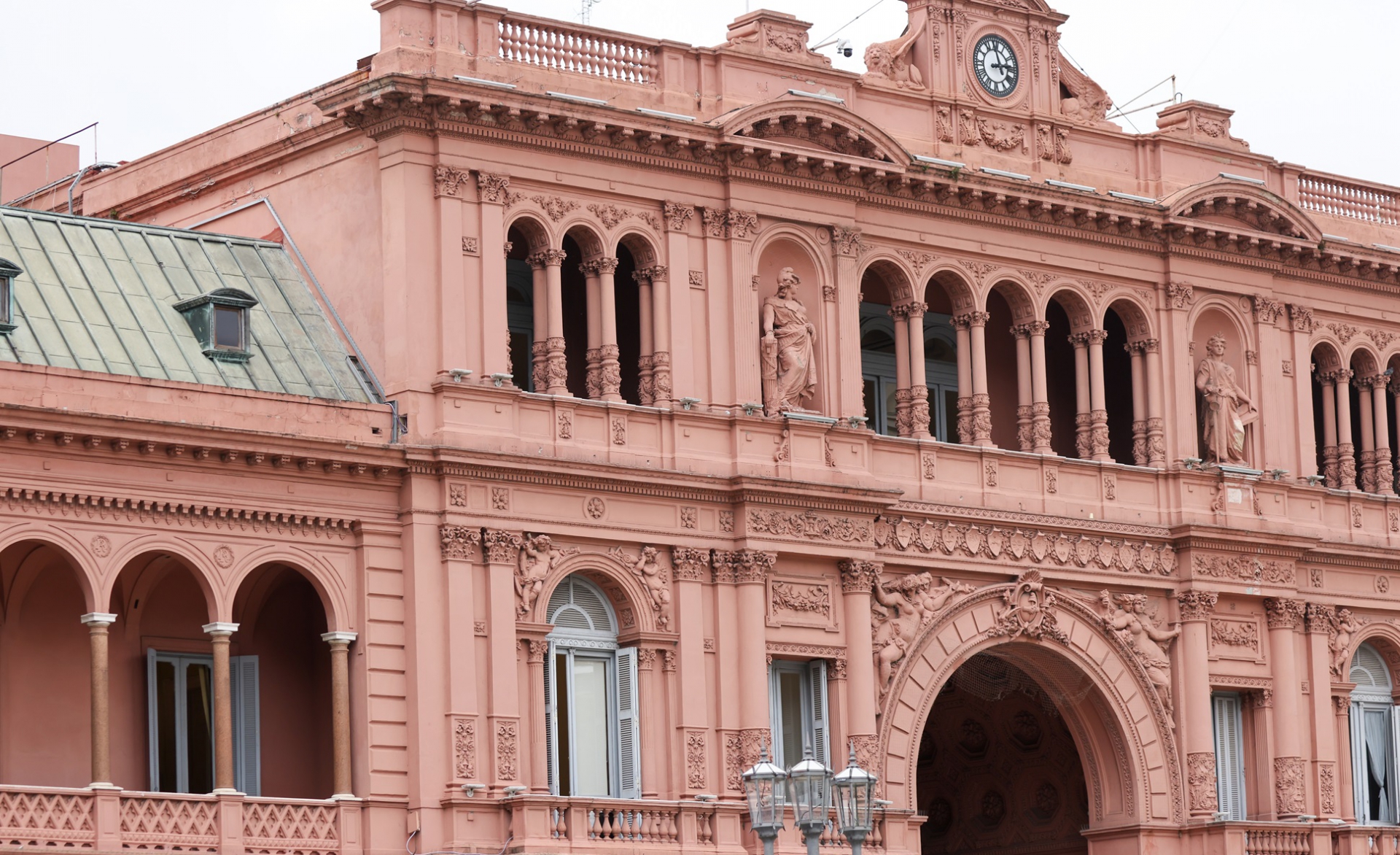Every 12 October, the arrival of the Genoese Christopher Columbus' expedition to the coast of the American island of Guanahaní in 1492 is commemorated. Since then, contact between Europe and America began, an event that marked both continents forever. This day is celebrated in most Latin American countries.
This date evokes the historical moment when Spain consolidated its identity as a State and began to expand its culture to America with the so-called ‘Discovery’. Beyond a geopolitical event, this day has evolved to commemorate a concept that goes beyond borders and races, uniting millions of people through language and culture.
The name was created by the former Spanish minister Faustino Rodríguez-San Pedro, as president of the Ibero-American Union, who in 1913 thought of a celebration that would unite Spain and Ibero-America, choosing 12 October. In 1917, Hipólito Yrigoyen, president of the Republic of Argentina, declared the day a bank holiday.
Columbus Day is a reflection of the cultural and human ties that have endured between Spain and America over the centuries. As such, it remains an occasion to reflect on the shared values that unite Spanish-speaking peoples, showing that, beyond political borders, there is a deep cultural and linguistic unity that continues to exist.
This day is an opportunity to celebrate that common legacy, looking to the past with pride and to the future with hope, in an increasingly interconnected world.

